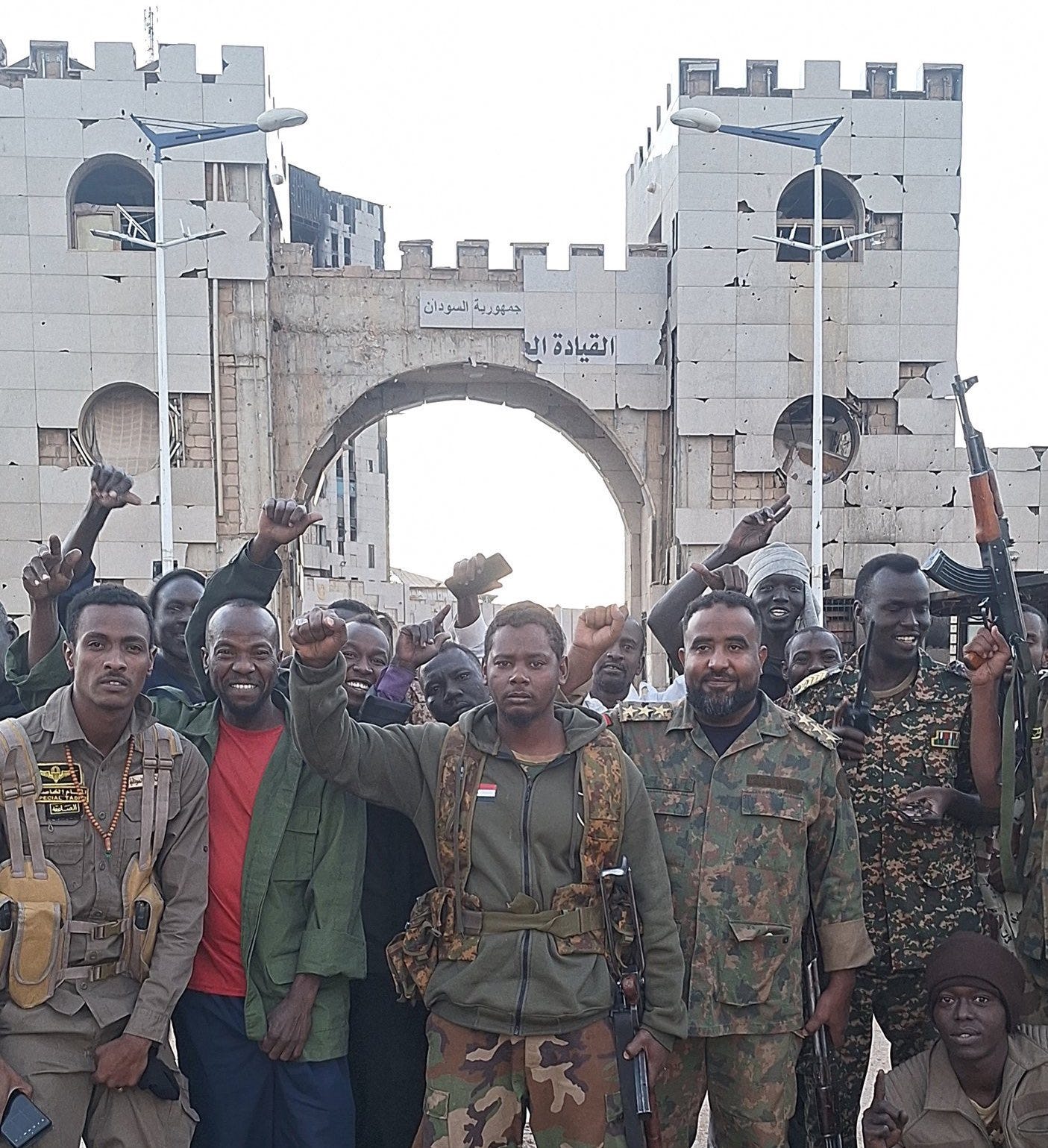Sudan army breaks two-year siege of its headquarters
Breakthrough in Khartoum Bahri, fall of Garri Refinery
The Sudanese Armed Forces (SAF) inflicted a significant setback on the Rapid Support Forces (RSF) on Friday by breaking through the frontline in Khartoum Bahri and linking up with besieged forces in Kober and northern Khartoum, where the SAF headquarters has been surrounded for nearly two years.
SAF troops operating from northern Khartoum Bahri and Omdur…


